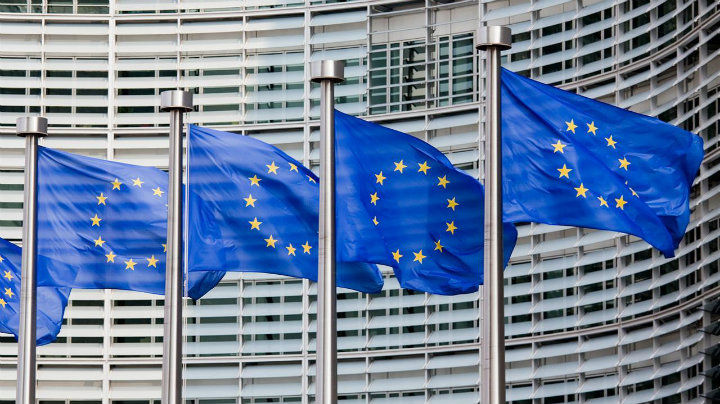EU parliament debates targeted sanctions against Maldives
The European parliament is due to vote today on a resolution calling on member states to “freeze the assets abroad of members of the Maldives government and their leading supporters in the Maldivian business community and to impose a travel ban on them, in view of the continuous deterioration of the human rights situation in the country.”

17 Dec 2015, 09:00
The European parliament is debating imposing targeted sanctions against senior officials of the Maldivian state and pro-government business tycoons over “increasing authoritarian tendencies” and a “crackdown on political opponents.”
Five different blocks within the parliament have submitted seven separate motions.
The strongest resolution from the Alliance of Liberals and Democrats for Europe (ALDE) calls on the EU and its member states to “freeze the assets abroad of members of the Maldives government and their leading supporters in the Maldivian business community and to impose a travel ban on them, in view of the continuous deterioration of the human rights situation in the country.”
But the proposed measures in the resolution could be watered down before it is put to a vote around 5:30pm local time.
Become a member
Get full access to our archive and personalise your experience.
Already a member?
Discussion
No comments yet. Be the first to share your thoughts!
No comments yet. Be the first to join the conversation!
Join the Conversation
Sign in to share your thoughts under an alias and take part in the discussion. Independent journalism thrives on open, respectful debate — your voice matters.




